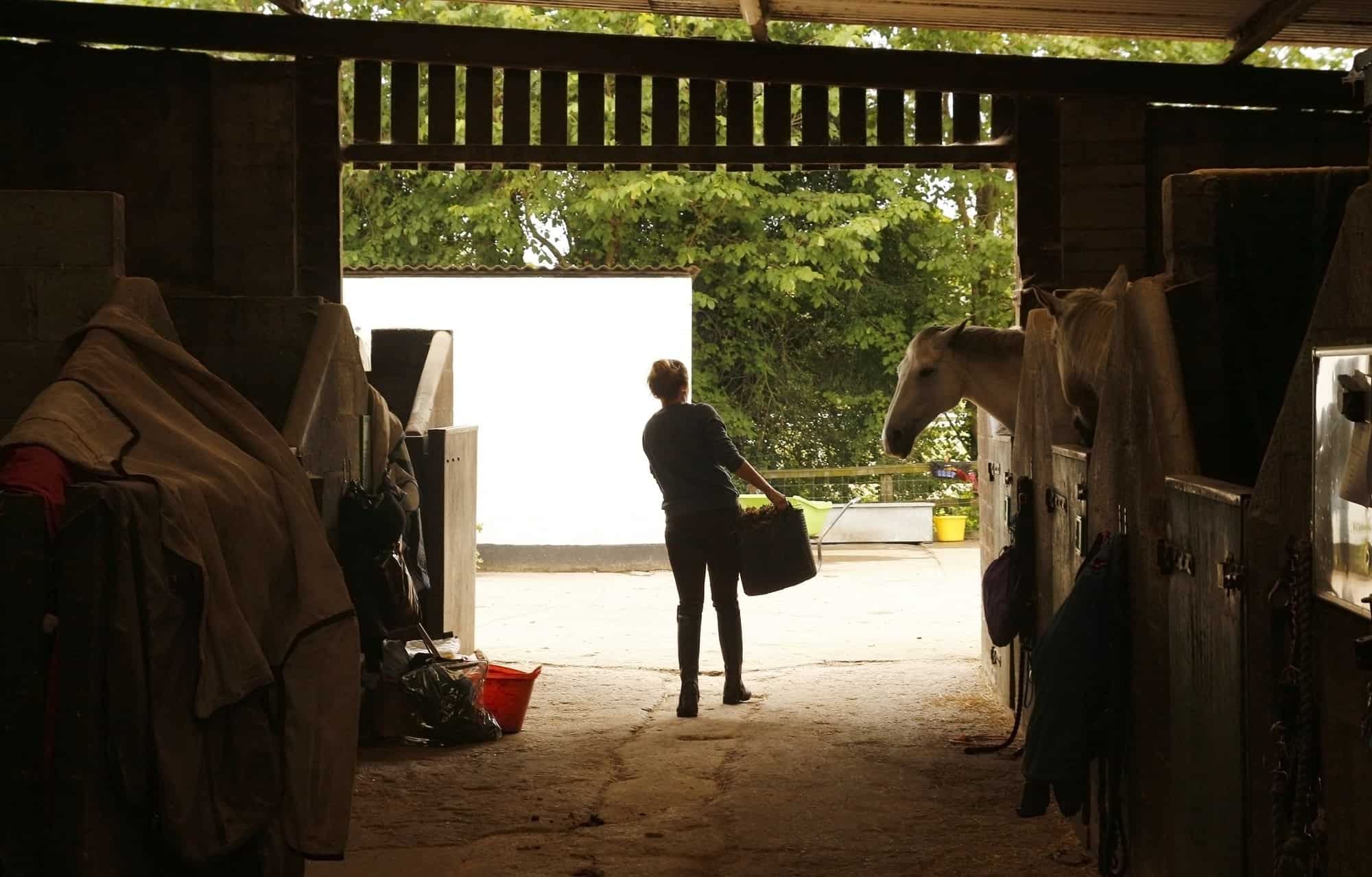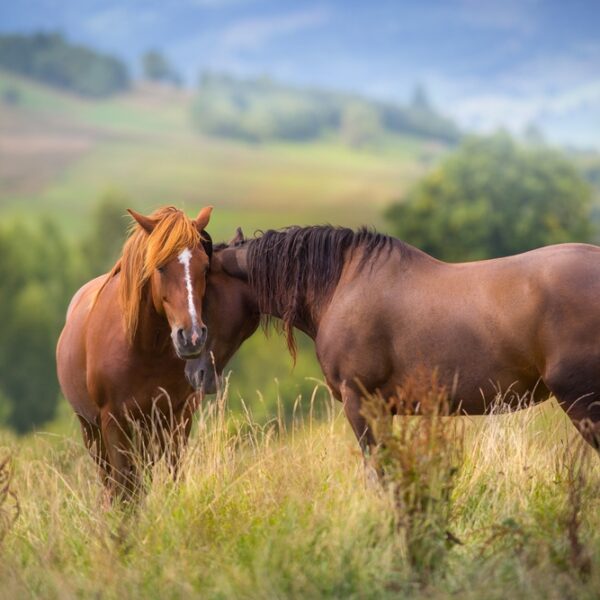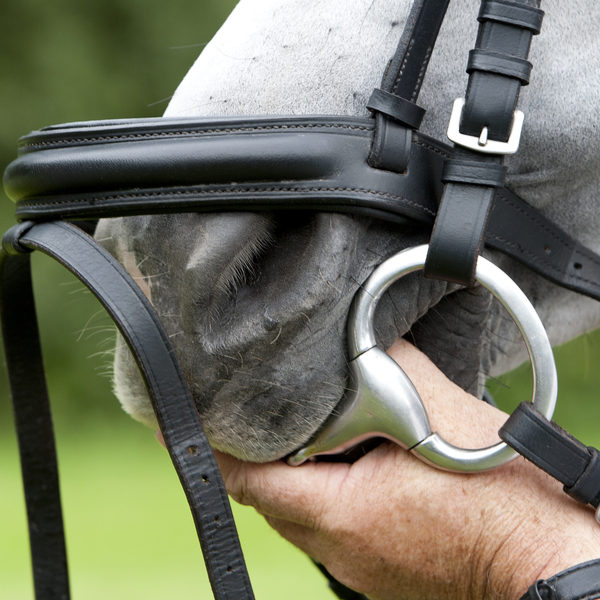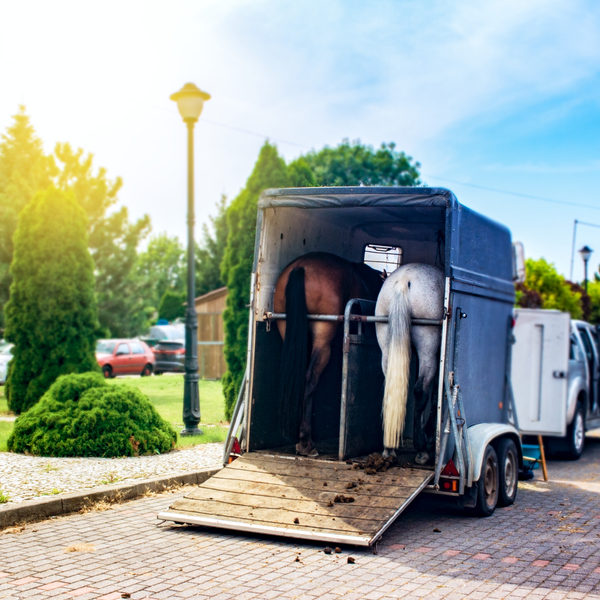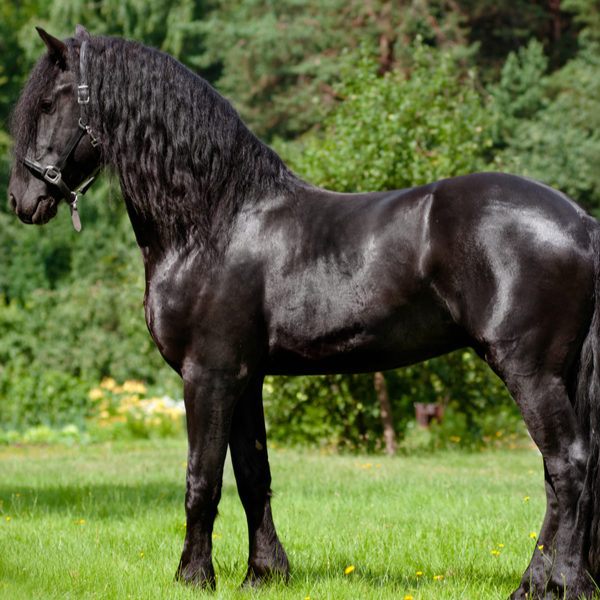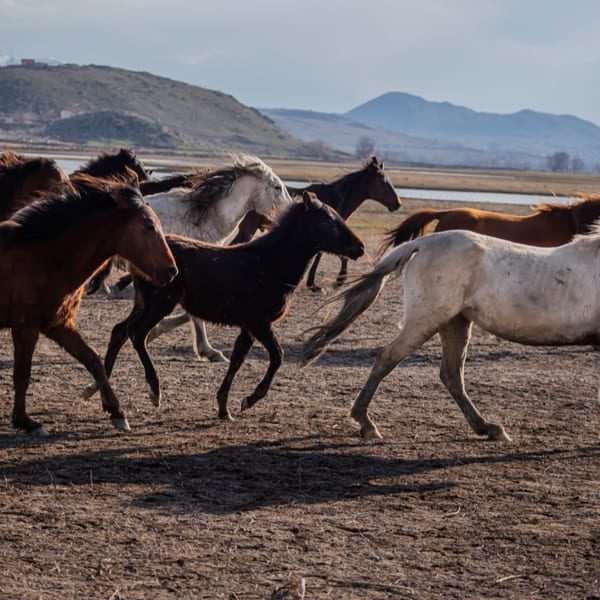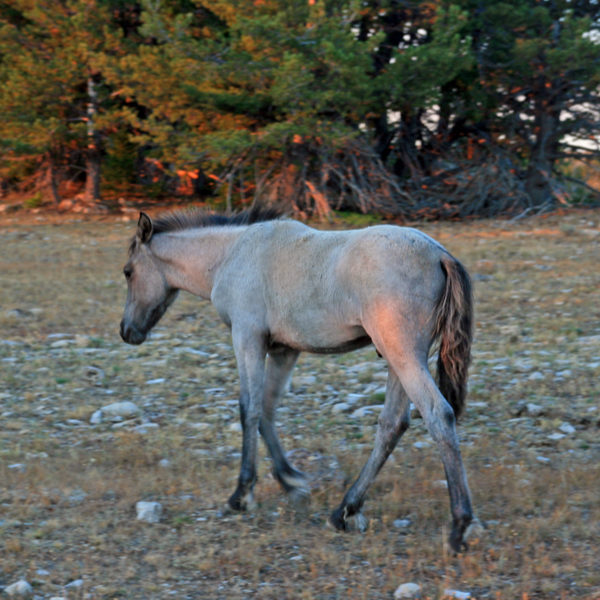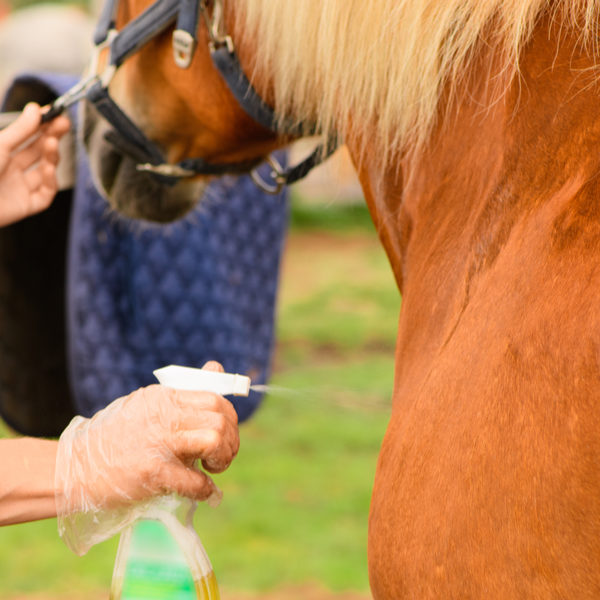Let’s face it; if you have more than one horse, you get many pounds of manure in a day, right? But what can you do with a load of horse waste? Here, we’ll take you through what to do with horse manure to help you in the excellent management of your farm.
In managing horse manure on the farm, many farmers make the mistake of allowing the waste to pile up. But, stockpiling horse manure on your farm for a long time can bring many dangers to you and your horses. So, before we tell you what to do with the wastes, let’s first look at why piling the dung is not good.
3 hazards of Stockpiling Horse Manure
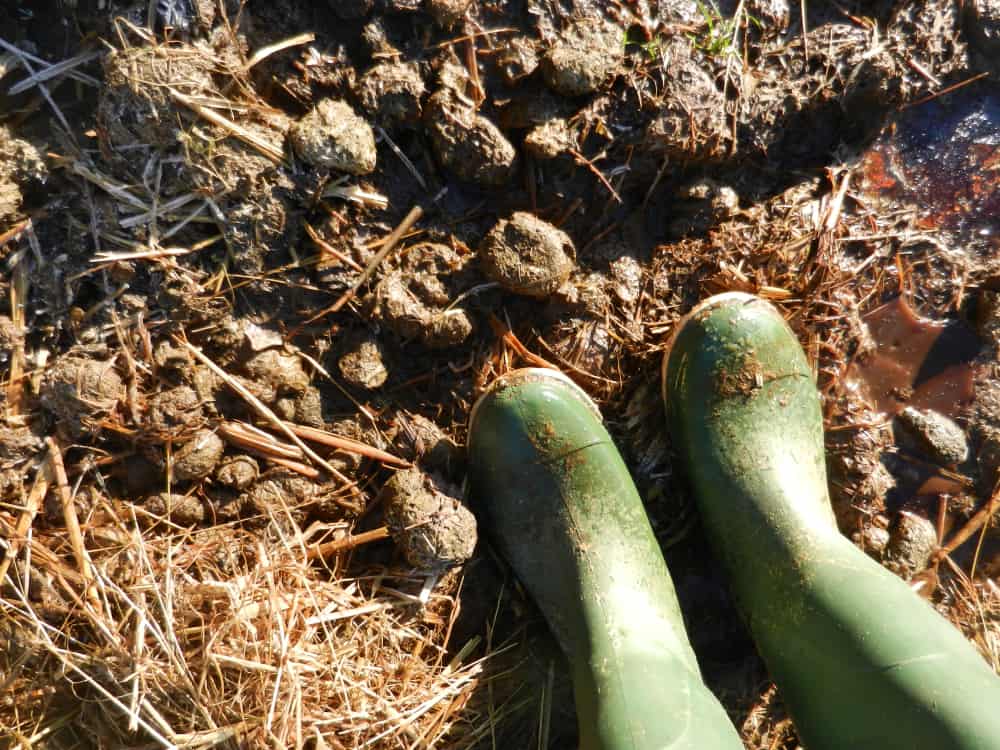
Today, it’s not easy to see mountains of dung on farms. It’s because many farmers saw the effects of keeping horse waste for long. So, here are the dangers of this activity.
Brings Parasites
When kept for long, horse dung will be a home for the eggs of worms and other parasites in the body. So, if you don’t handle the dung well, these eggs will keep on hatching, and the life cycle of the parasites will continue. Also, you will contaminate the horses’ food and water with these eggs, infect your horses, and affect the crops in gardens.
Destroys the Environment
Poor storage of the dung can destroy the beauty of the environment. Expect your farm to have a bad smell all the time. Also, your neighbors will always complain.
If you handle the horse manure poorly, some harmful elements can flow to the river, ponds, or lakes. Then what will be the result? Water quality will reduce.
Brings Pests
Whenever you see any dung around, flies are the first things you will notice. So, if you pile the manure, that place will be the main point of breeding flies of many kinds. These insects are a nuisance.
Most flies breed at a temperature of 65 degrees Celsius and above. Once you pile the dung for long, it will give the flies good conditions for them to grow. Remember, flies contaminate your food and water and will disturb you.
Also, it will be the home of rodents like rats and moles.
But why the rodents? The manure you keep for long gives them a warm and safe place to breed and live. Rats will provide you with no peace and make your home unsafe.
6 Ways to Deal with Horse Manure
You now know the terrible things that come with poorly managing the horse dung. Manure can bring great benefits to you if you handle it well.
But what can you do to handle your horses’ dung so that it benefits rather than destroy you? So, here are ways to deal with the waste and get good results.
1. Compositing
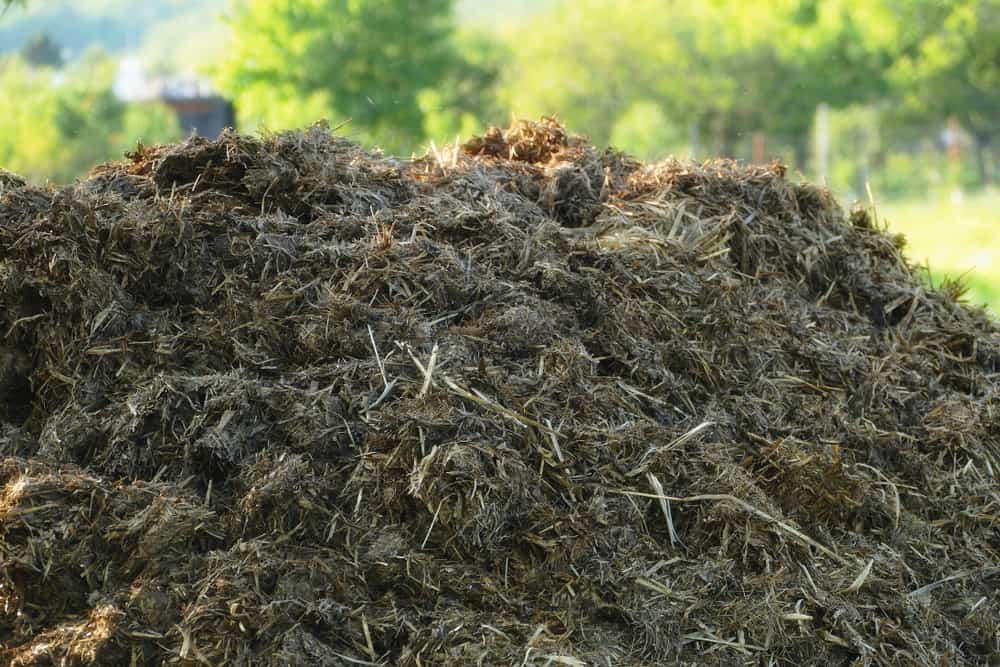
At your horse farm, compositing is one of the best ways of handling the dung. The process is more than just piling the manure. Also, some farmers stockpile the waste thinking that the waste is decomposing.
If you are new to farming, how will you composite your horse manure? Don’t worry; the process is simple.
You will not need any special tools. Just follow some ideas, and you will be good to go. So, if you have a free-standing dung pile, it will be easy to manage the composite.
Although it’s not that important, adding more organic wastes to the pile makes it be a good fertilizer. Ensure you add water to the layers to keep them moist. Also, use a stick to turn the composite at least once a day to speed up compositing.
Covering the manure will help keep the heat. Remember, depending on the amount of dung, compositing takes only 3 to 4 months.
But of what good will compositing bring to your farm? Here is what to expect after compositing.
- There will be no or lesser foul smell.
- There will be no parasites and pests.
- Enriches your soil to help you grow more pasture for your horses.
- The cost of site manure disposal will reduce.
- Your soil will have fewer weeds.
2. Build a Manure Store
What if you don’t want to decompose the horse dung? Then, keeping the waste is also a good way of dealing with it. So, you can make a simple manure store to help reduce the chances of decreasing water quality through leaching.
Your stockpile should be in good support. So, you can use gravel or concrete pads to make the base. It will vary depending on the type of soil on your farm. For example, if your farm has sand soil, use concrete pads to prevent contaminants from getting to the groundwater.
What if you live in low-land areas or places the experience flooding? Don’t build the store at that place because it will contaminate the water quality. If you don’t know more about your soil, visit the conservation service offices to help you understand its qualities before making the store.
3. Sell the Manure
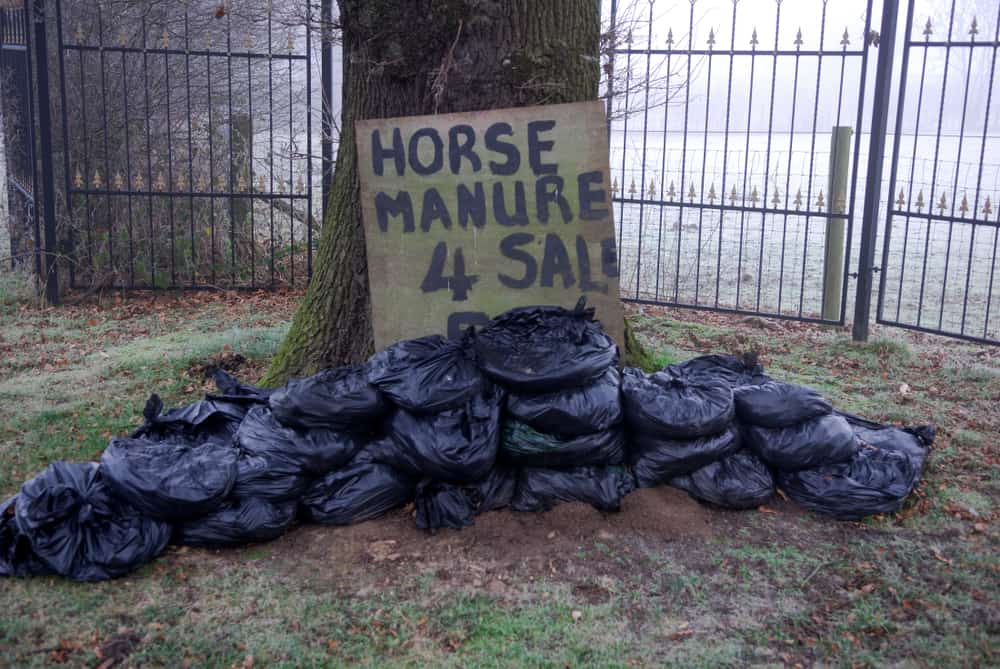
Do you know that your horses’ poop can be someone else’s good news? Well, many farmers like composite manure that comes from horses. It’s because it can add more nutrients to the soil.
Remember, for someone to fall in love with your horses’ dung, make sure it decomposes well, have fewer covers, and be free of any weed seeds. But why should the waste have fewer bedding materials? Farmers would want the manure to give the soil more nutrients rather than for mulching.
In many areas, the dung is a cheap compost that is quickly available. Also, it gives more nutrients than cow dung.
What if you don’t know the right buyers for your manure? You can go to a farm planner to give you more information about getting the Manure Share List. It will help you know manure users in your area.
4. Spread it
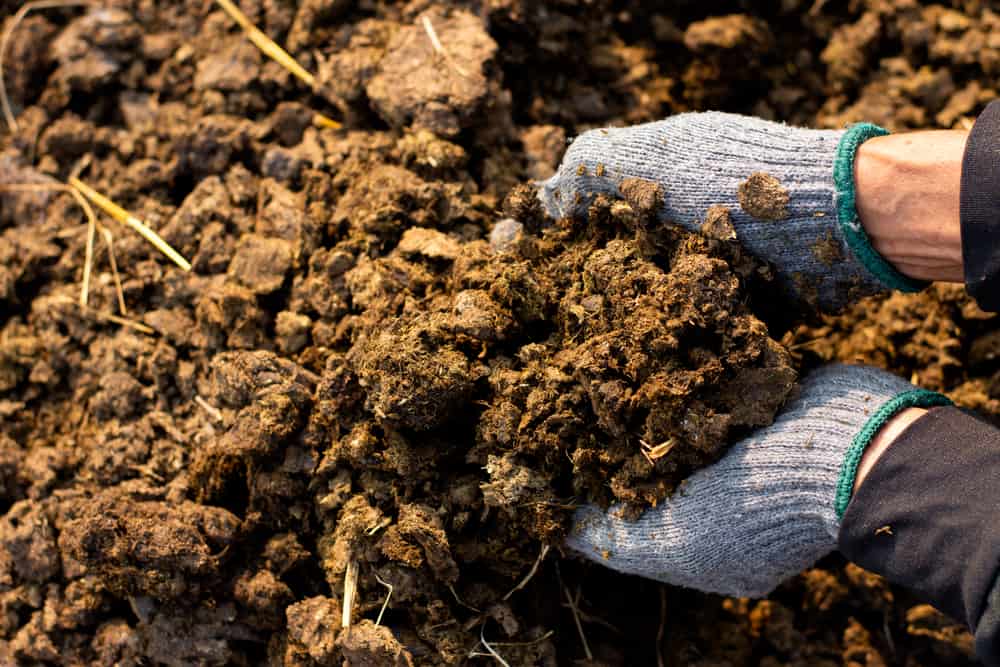
If you see that the size of the manure is big, then why not make use of it? Remember, the horses’ dung has many nutrients to help your crops on your farm grow faster.
But how do you spread the compost? You will get many benefits if you lay it on a large piece of land. Also, you will need a tractor and spreader to make your work easier.
As you apply it, the dung goes from the horses’ stall and into the fields. After some time, it will form more nutrients and improve the soil quality. Also, please put the manure as you prepare your land for planting.
If your manure has more shavings than the horses’ dung, it will reduce its quality. But how will you know? Your waste will become yellow. So, to improve the manure, add in a blood and bone meal or an artificial nitrogen fertilizer before spreading it.
Also, before spreading, visit a farm office near you to help you in soil testing. The officers will help you know the amount of manure to apply and how to spread it.
5. You can Bury it
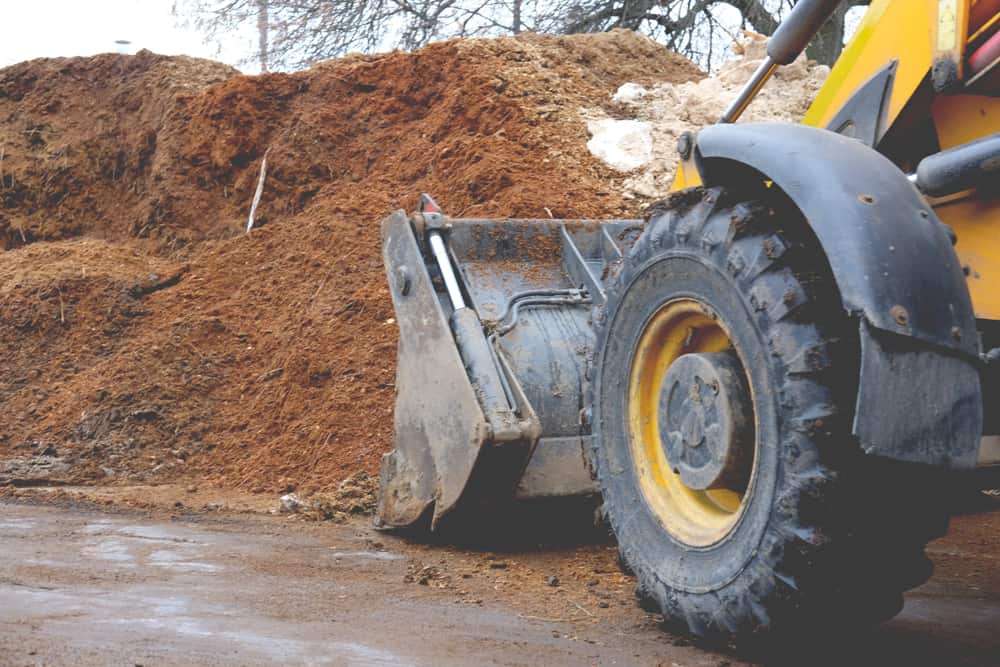
If everything seems hard for you, don’t worry! Burying the dung is also a good option.
Depending on the amount of dung, please place it in a hole or ditch. Also, you can use horses’ manure to level some places on your land.
This method is the opposite of stockpiling the wastes. It will also make your soils rich in nutrients after some time.
But how will you do it? Depending on the slope of your land, find a place where you can dump the manure or points that need to be level. If you have tons of waste but don’t have a spot on your land, bring a bulldozer to help your make one.
Remember to cover the fills with a cover of topsoil to make the decomposition stable. It will keep your horses safe from pests and parasites as they will be walking on the fillings.
6. Reduce the Manure
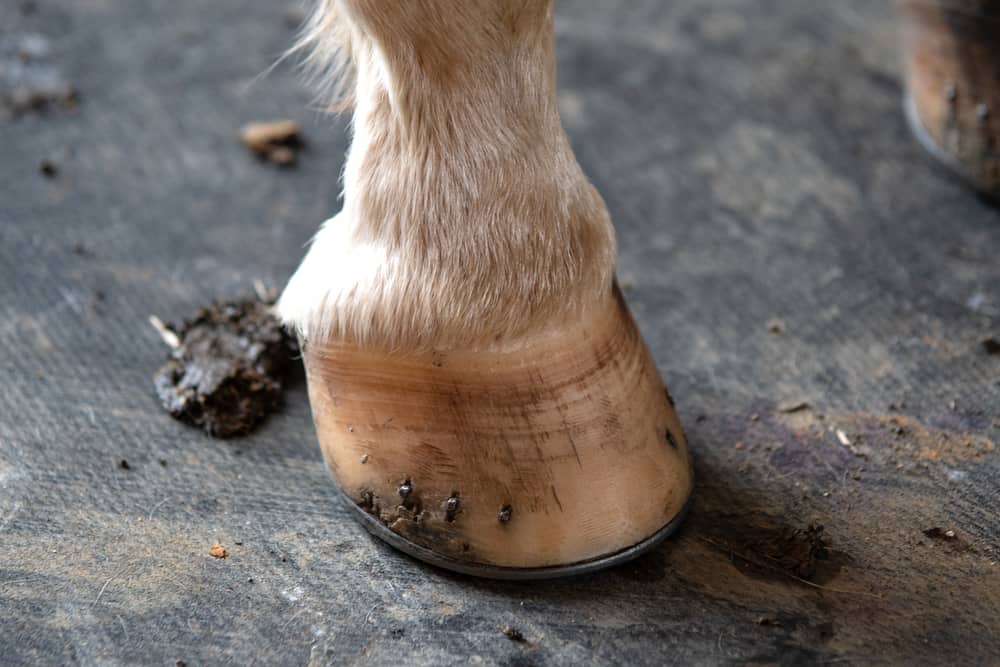
Do you know that you can reduce the amount of manure coming from the horses’ stalls? Well, yes, you can do it. You only need to reduce the beddings you use to make the place for the horses.
What you can’t do is reducing the amount of dung from your horses. It’s something done by your horses. So, if you mix fewer beddings with the waste, the piling up will reduce, and it will be easy for you to clean.
You will need a stall mat to help you use small amounts of bedding. So, after installing the carpets, you will only bed the urinating area for your horses. Remember to use bedding materials like coffee or rice husks that break down fast.
Although putting the stall mats will be expensive, you will find an easier way of dealing with manure and reduce the stockpiling.
Conclusion
Managing and planning for your horses’ manure is good. It will improve your environment, make your home beautiful, and do well for your crops. You will also reduce the farming costs and bring more money after selling the manure.
If you leave the wastes from the horses’ stall to pile, it will create problems and losses to your farm. So, you might want to follow our tips in this article on what to do with horse manure and wait to see good results.
Are there any questions or more thoughts about dealing with horse manure? Would you please share with us?
